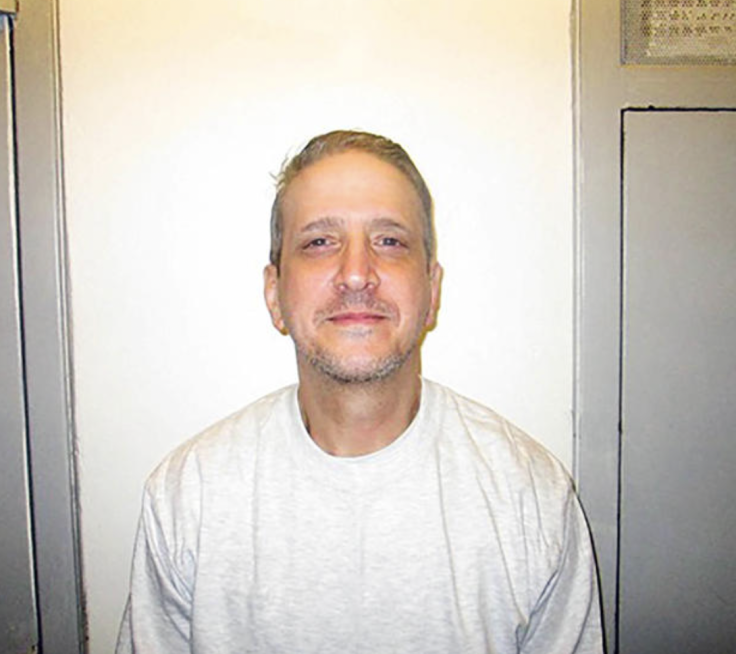
The U.S. Supreme Court threw out the murder conviction of an Oklahoma death row inmate and ordered a new trial, despite desperate pleas from the victim's family to carry out his execution.
Richard Glossip, 62, was convicted of arranging the 1997 murder of motel owner Barry Van Treese. The court ruled that a key witness against Glossip had lied in his testimony and that prosecutors at the time withheld that information.
Current Oklahoma Attorney General Republican Gentner Drummond agreed with Glossip's attorneys that the errors meant Glossip had not received a fair trial and should be tried again. However, family members of Van Treese disagreed.
"[F]amilies like the Van Treeses make painfully clear: long after the immediate loss and physical trauma are over, crime victims and their loved ones continue to suffer from psychological wounds that refuse to heal," a brief filed by the family opposing a new trial states.
"The harm caused by drawn-out criminal justice proceedings is especially acute in capital cases. Death cases often involve decades of false stops and starts," the family stated in urging the court to move forward with the execution.
Key to Glossip's conviction was the testimony of Justin Sneed. Sneed admitted beating and robbing Van Treese but said he did so because Glossip had promised to pay him $10,000, the Associated Press reported. Sneed received a life sentence in exchange for testimony.
At issue in the appeal were facts about Sneed related to his reliability as a witness. The appeal focused on whether prosecutors withheld key information and whether he gave false testimony, specifically over his mental health, lithium prescription, and his bipolar disorder diagnosis, according to NBC News.
Justice Sonia Sotomayor wrote the majority opinion stating that the prosecution "violated its constitutional obligation to correct false testimony," NBC News reported.
The family asserted in their brief that prosecutors did not withhold the information and that internal memos and notes simply reflected their discussion of the case.
"The prosecutors' notes merely reflect Sneed recounting that defense investigators were questioning him about his lithium usage. The notes do not reflect information withheld from the defense but rather information about the defense," the brief states.
Although Oklahoma prosecutors agreed with the defense that a new trial was warranted, they have not said that they think Glossip is innocent.
© 2025 Latin Times. All rights reserved. Do not reproduce without permission.




